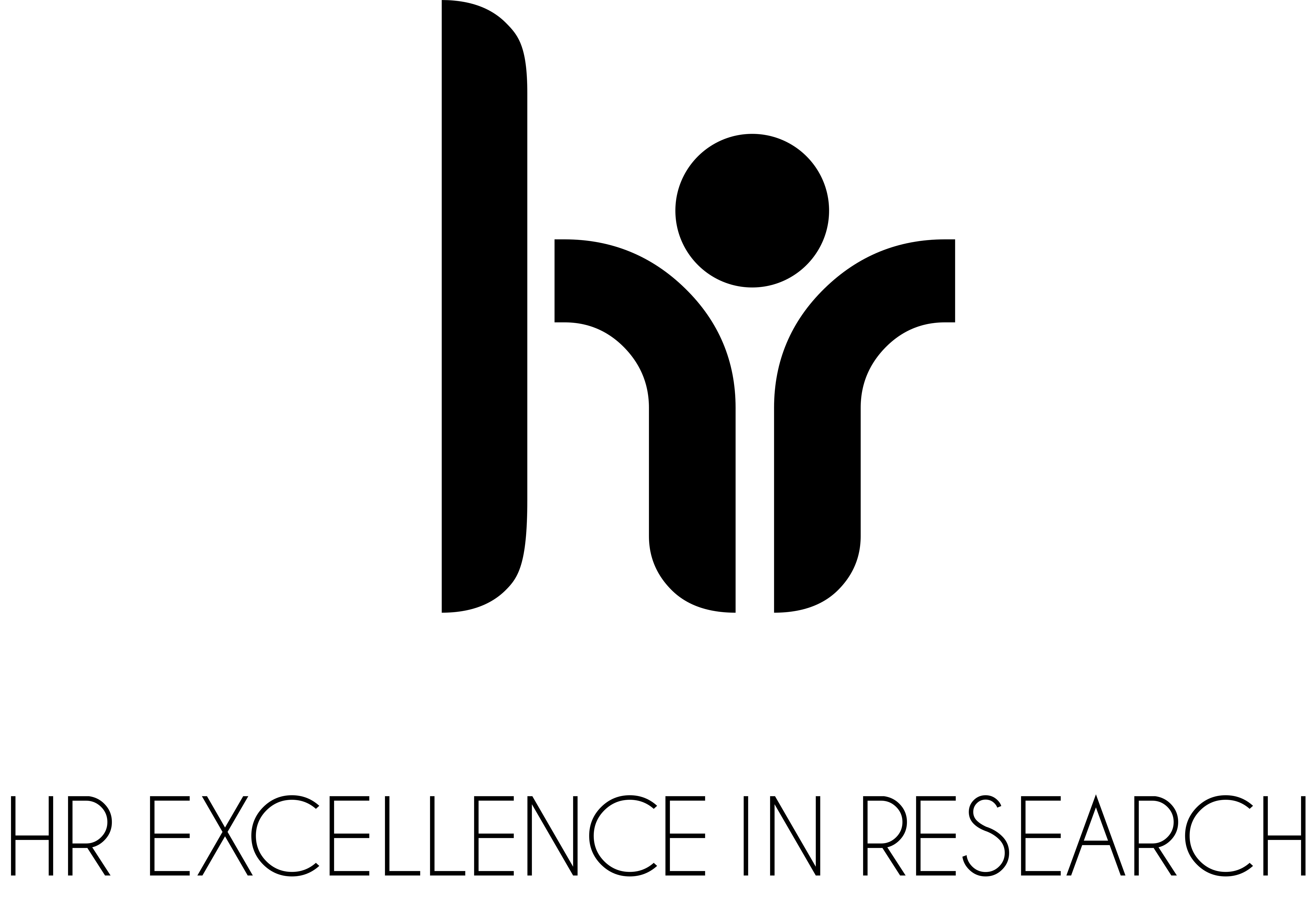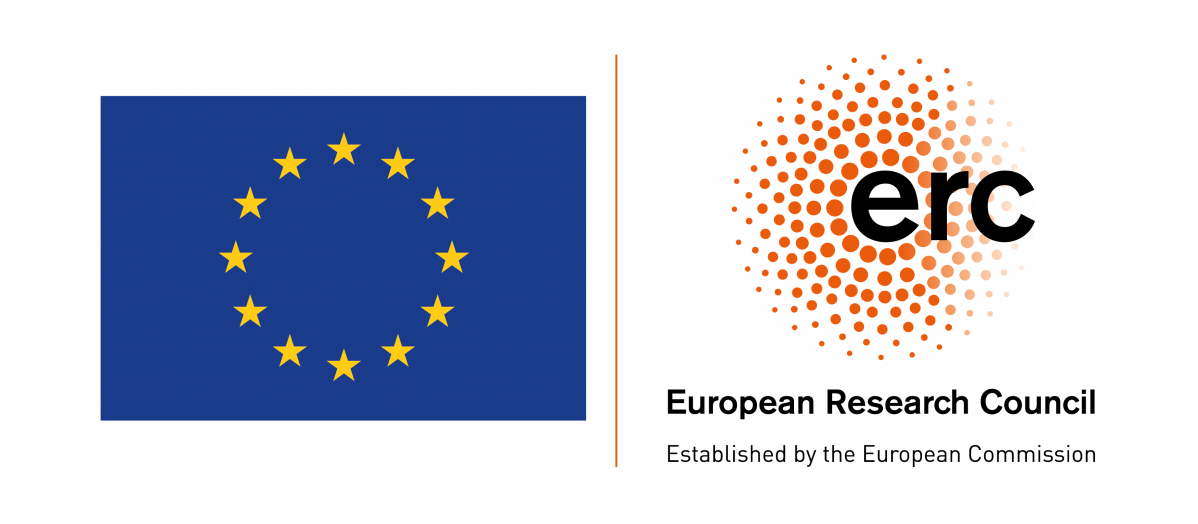Abstrakt
plakát pdf
Abstract
Even if a logic is topic-neutral, it is not neutral with respect to methods and concepts. How does a lack of neutrality impact our efforts to reconstruct and evaluate the history of philosophy? The history of philosophy includes historic concepts and methods (call them all ‘notions’). Yet a topic-neural logic can either distort or preclude historic notions. When the commentator’s logic does not support historic notions, the commentator either upgrades or replaces each ill-fitting notion with a modern notion. Such changes misdirect our efforts to study history: shifting the focus to what is not there, and obfuscating what is present. I will show that the standard view that Plato is a rationalist (in the sense that knowledge comes from intuition and inference) exemplifies misdirection. Given his notions, early Plato can be neither a rationalist nor an empiricist. I will show that his appeal to a mathematical proof in the Meno is an appeal to a method of proof that cuts across the distinction between rationalism and empiricism. With the focus on rationalism and empiricism, the central epistemological concern of this period is obfuscated: a criterion for unity. As a result, significant facts haves been obfuscated: Plato’s initial criterion for unity prohibits logic as we know it; his later development opens the door for Aristotle’s Prior Analytics. There is a hidden history here; it is a history away from which we have been (mis)directed.
Bio
Dr. D. Raymond works on a specific form of anachronism: the use of modern logic, or mathematics to reconstruct and evaluate mathematics, proofs and arguments occurring in the history of philosophy. The work builds on a truism: the concepts and methods of logic and mathematics change over time. According to Raymond, even if a logic is neutral with respect to subject matter, it need not be neutral with respect to methods and concepts. Since studies of history include studies of historic concepts and methods, the use of modern logic can introduce anachronisms. Dr. Raymond received a Ph.D. with distinction from UWO for his work on Aristotle’s modal logic. His work appears in Journal of the History and Philosophy of Logic, Aperion and Sophia. He has presented various talks at conferences including the ARPA, CPA, APA, the Joint Session of the Aristotelian Society and Mind. He has spoken in Paris (Ecole Normale Superieure), Helsinki, Birmingham, Stockholm University.





